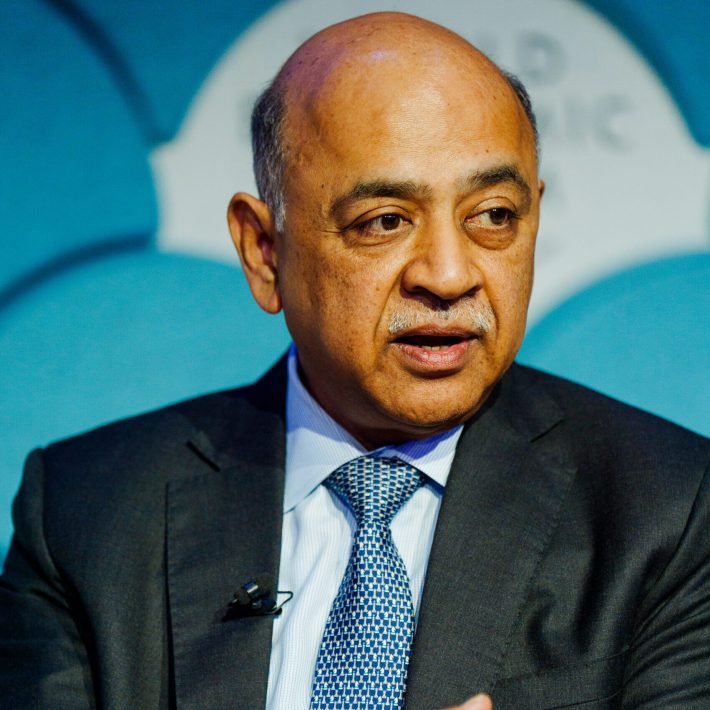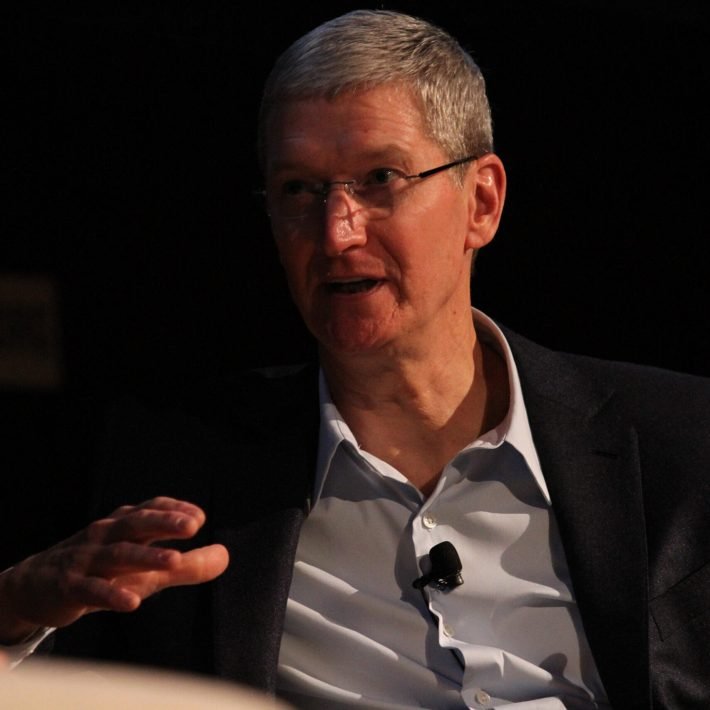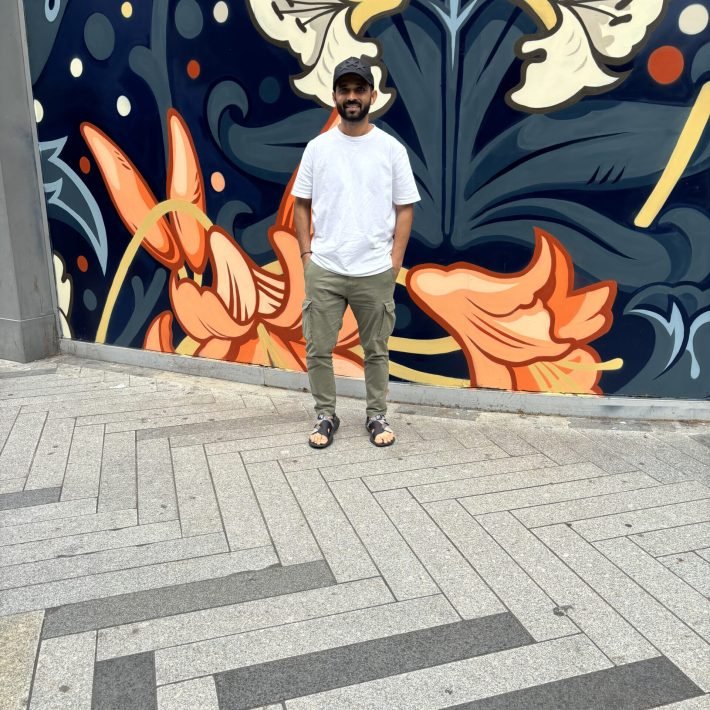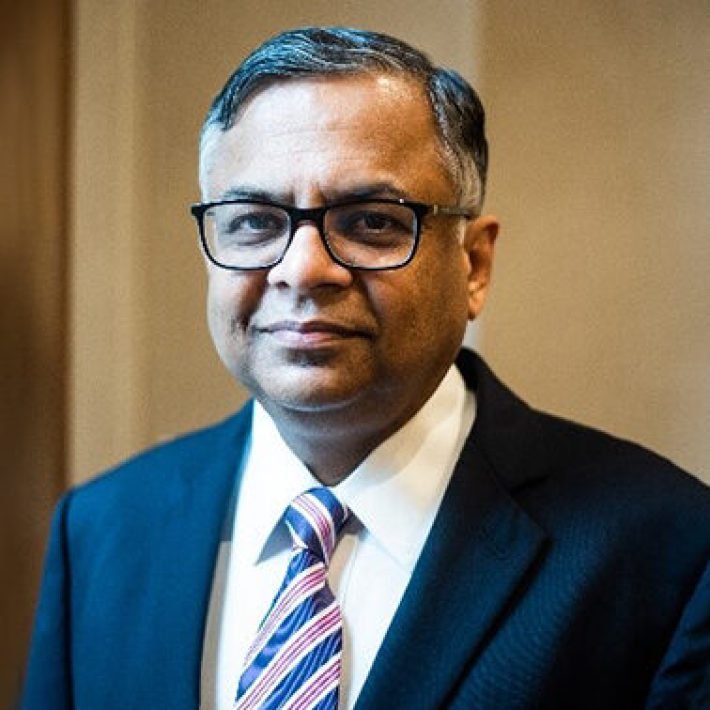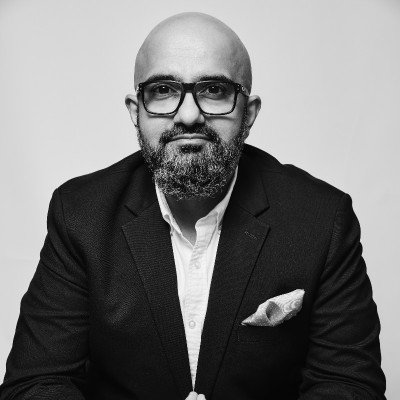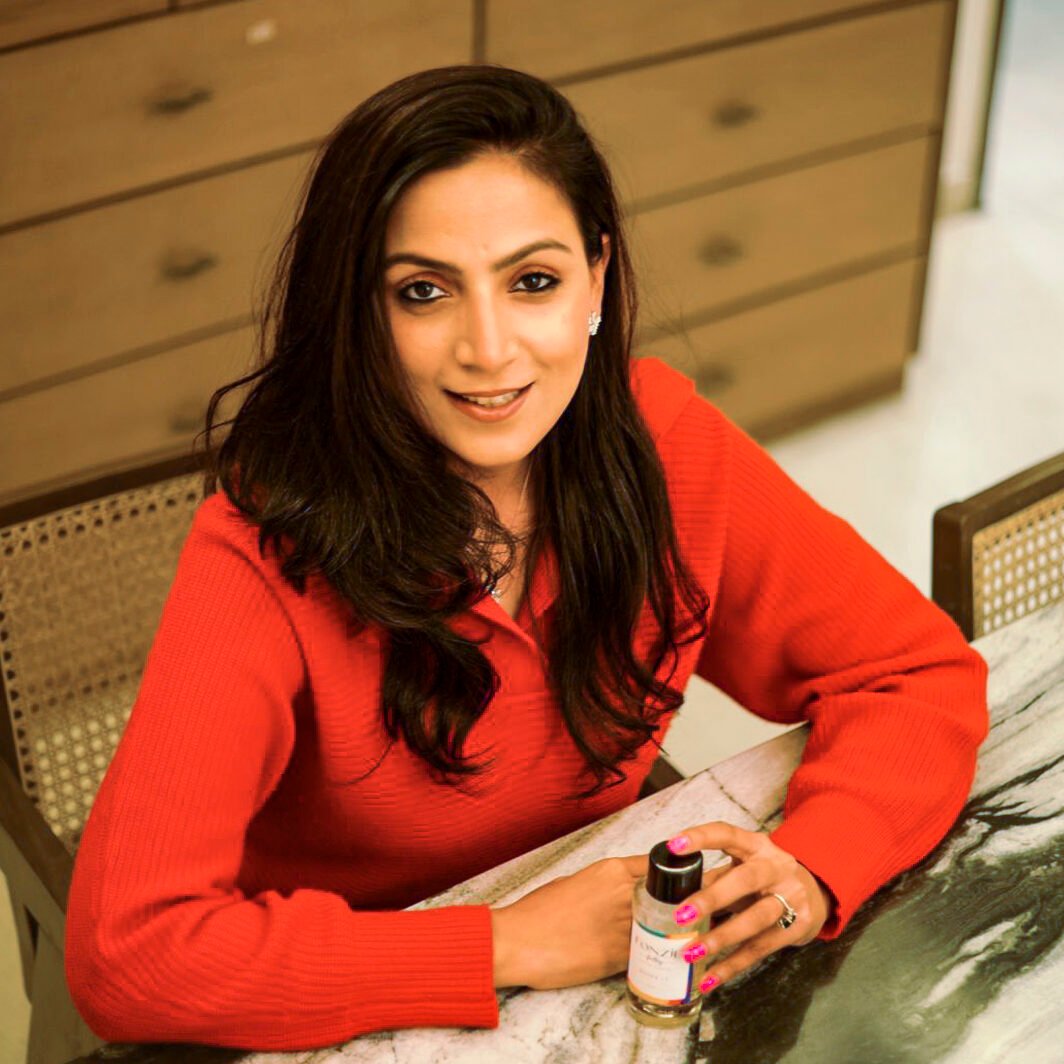A first-generation entrepreneur who is now among the Forbes 100 richest Indians, Dr Niranjan Hiranandani surely knows something the rest of us don’t! We asked him all about it…
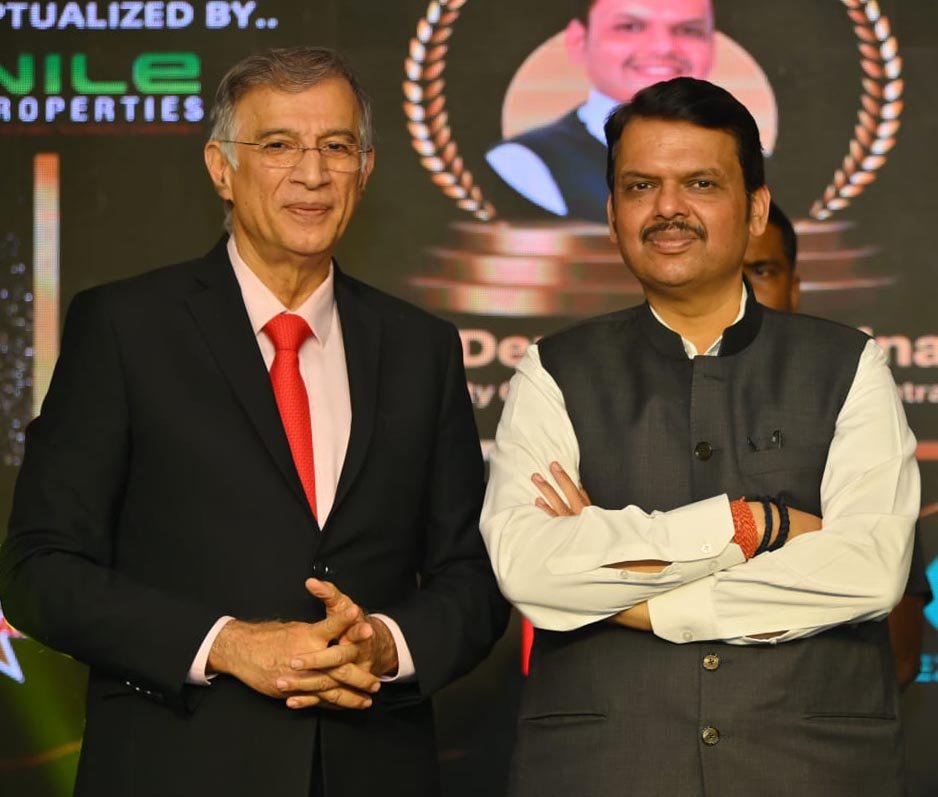
By Tsunami Costabir
As the Chairman and Co-Founder of the Hiranandani Group, some of Dr Niranjan Hiranandani’s most significant work includes Hiranandani Estate – the tony township built in Thane, the high-end residential complex Hiranandani Gardens in Powai, and the Hiranandani Hospital(s) in Powai and Thane. He has made bold entrepreneurial decisions and graciously shares its fruit with the world.
Excerpts from the interview…
What is your mantra?
My quest for perpetual self-improvement has led me to adopt a mantra that resonates deeply with my journey through life’s labyrinth: the ‘1% Learning’ mantra. According to this philosophy, consistency and dedication are woven into the fabric of one’s existence and can yield remarkable results over the long haul.
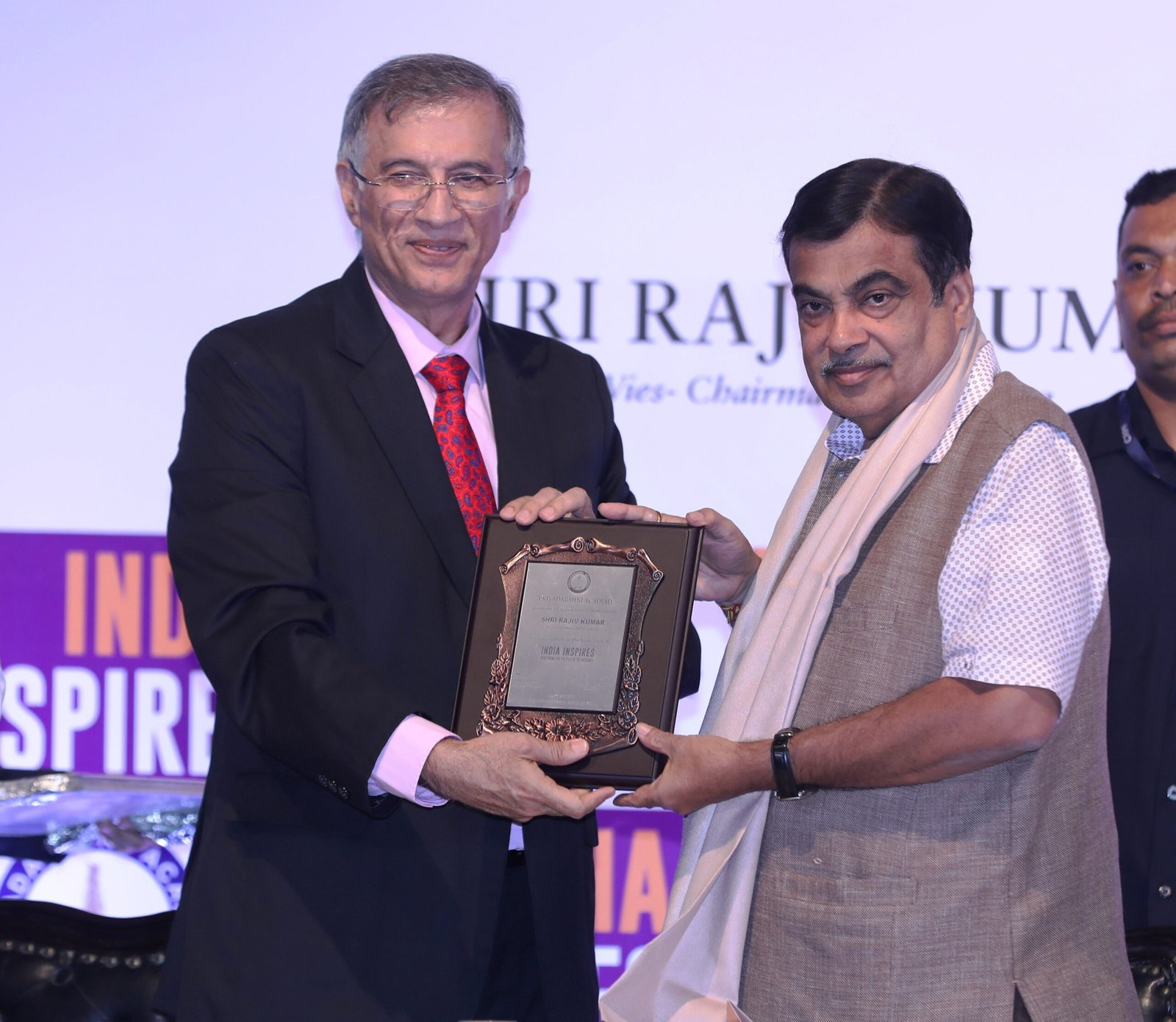
One STEP – Small, Targeted Enhancements Periodically – acts as a powerful yardstick for exponential growth. These incremental improvements can have a multiplier effect on shaping a well-rounded persona. One can cultivate the habit of leading a more fulfilled and holistic life by cultivating the right mindset, discipline, and perseverance.
What is the idea behind Hiranandani’s brand story of ‘Creating Communities, Delivering Happiness’?
A home serves as a happiness barometer that is a blend of generational and emotional investment. We at the Hiranandani Group believe in transforming geographies into cohort habitats to build better communities. As a brand, we are dedicated to cultivating a superior quality of life, improving the standard of living, and enriching the ecosystem through sustainable development. At Hiranandani, you’ll experience a fulfilling quotient of health, wealth, and happiness.
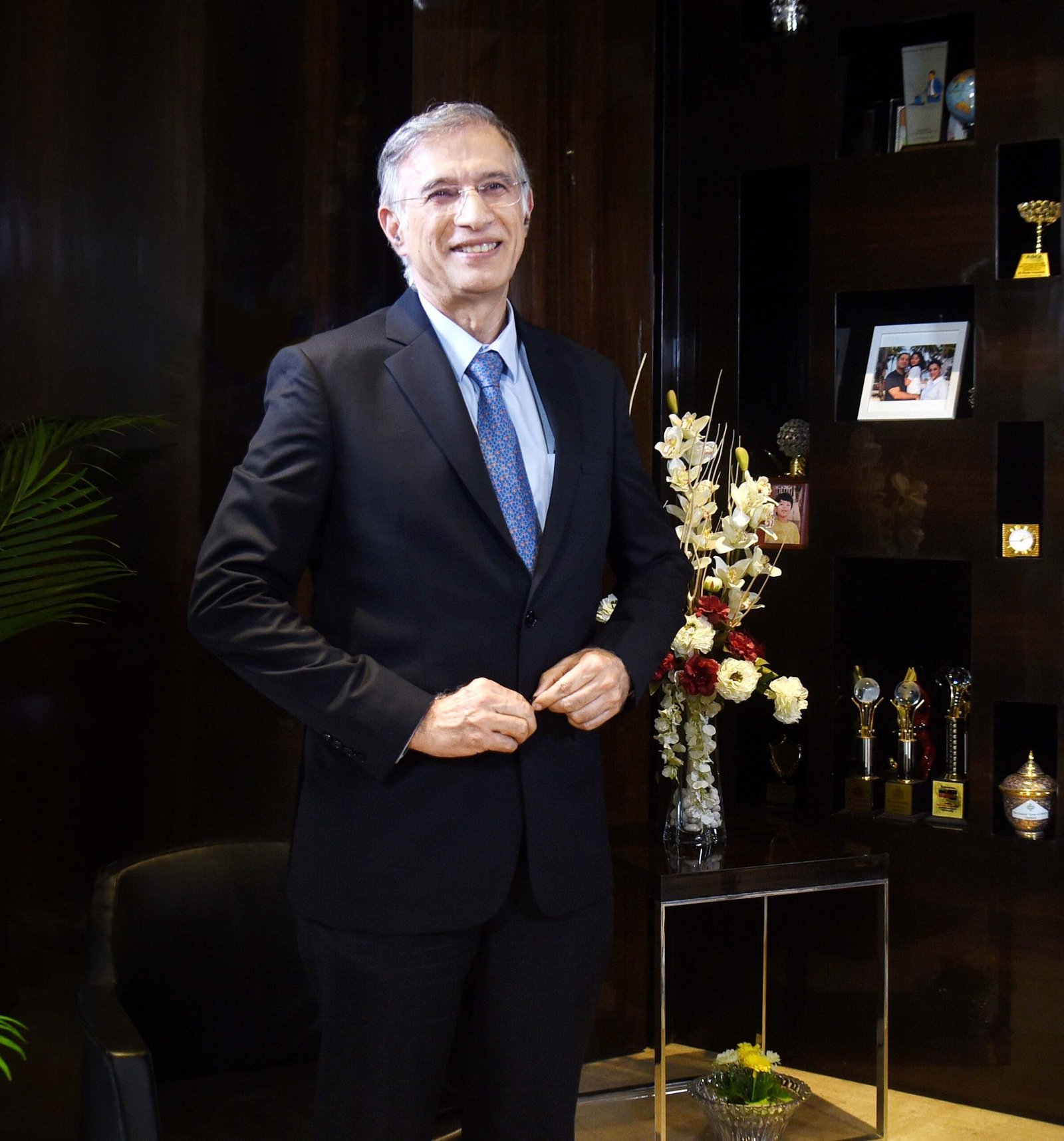
The Powai story is one of ‘failures leading to success’. What have been your business challenges in the making of Powai?
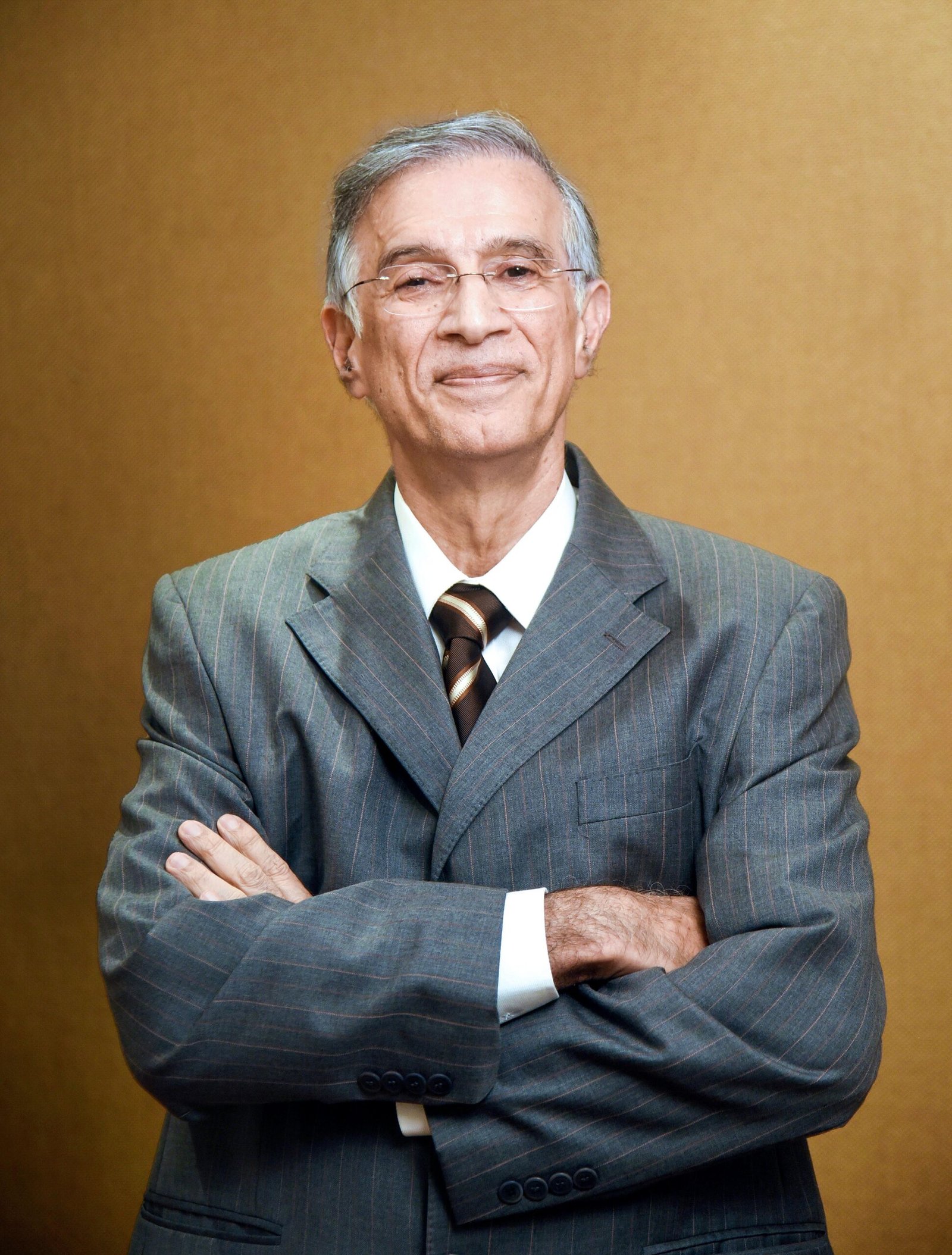
The bold decision back in the 1980s to acquire 250 acres of barren and parched land in Powai was termed a failure before its commencement. The company faced a multitude of challenges, including funding, availability of huge land parcels, early sales, permits etc in developing its iconic project, Hiranandani Gardens – Powai. Developing infrastructure to establish last-mile connectivity along with civic infrastructure and social amenities was an arduous task. Once a desolate land, it is now reckoned as the Rome of Mumbai.
Evolving is a constant process. What is the mindset needed to keep evolving?
A mindset that rejects settling for mediocrity propels evolution. Striving for excellence and never being obsolete with the status quo will fuel self-growth. True evolution involves nurturing one’s learning curve and being one’s best version.
What are the new-age luxuries people are looking for?
The word luxury is often misconstrued as only belonging to materialistic and tangible assets. In the luxuries of life, we enjoy a better lifestyle, a holistic environment, work-life balance, emotional well-being, and spacious homes designed to maximise comfort and privacy.
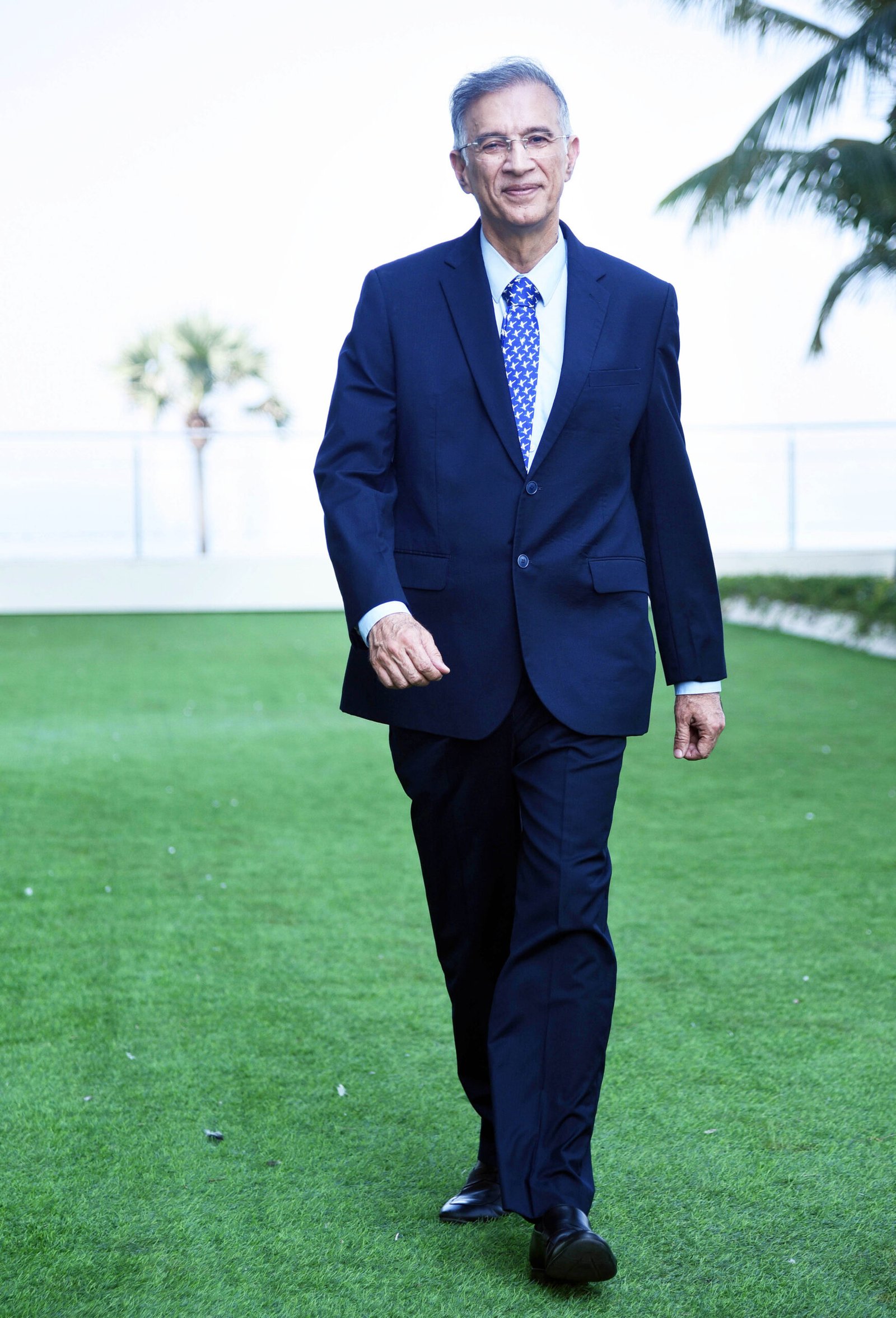
I believe in redefining luxury for sustainable living, valuing knowledge, and building cultural capital that invests in youth education, community services, and human capital over purely material goods. Let the new luxury be described as inconspicuous consumption.
What are your views on talent management in the age of disruption?
The secret of effective talent management lies in inculcating a sense of ownership. To thrive in a rapidly disruptive world, organisational leaders must facilitate constant learning and development opportunities that will keep them relevant and adaptable. Organisations should nurture a flexible workforce that can quickly respond to changing market dynamics by creating cross-functional teams, encouraging collaboration, and empowering employees with decision-making authority. They should focus on building a diverse talent pool that brings the best of versatility and uniqueness to the table.
What are your views on gender equality? Can you give us an insight into how you empower the women in your organisation?
Gender equality will help raise the per capita income of the nation. It will act as a double engine with cogwheels. Gender equality also offers the best of logical, critical, rational, and emotional thinking to undertake decisions in pursuit of equal growth.

The aspirational deficit of women is an impediment to their ascent to the top. Hiranandani Group has offered equal opportunities to women to conquer pioneer roles and drive organisational growth with their innate competency. We have many women leaders driving maledominated portfolios in the male-dominated industry of real estate.
Do you believe that learning, unlearning, and relearning is essential for growth?
Following the constant learning model is critical to expanding our horizons and developing out-of-the-box critical thinking. To stay relevant in a world that is evolving at breakneck speed, adopting a mindset of learning and unlearning will be a good trade of cleverness for curiosity.
You are a role model for many. Who has been your role model?
The luminary role model in my life has always been and will always be my father, Dr LH Hiranandani. His character, personality, and thirst for knowledge have inspired and influenced me the most. His values, beliefs, and ethical principles shaped my foundation for life. In my life, he was a beacon of guidance and a mentor.
What is the future of entrepreneurship in the world of start-ups?
Indian entrepreneurs are renowned for their risk appetite, innovative ideas, and solutionoriented approach. As a first-generation entrepreneur, I would strongly state that entrepreneurship is about the long innings. It hails the long-term and sustainability aspects of business that are meant not just for valuation but value creation.
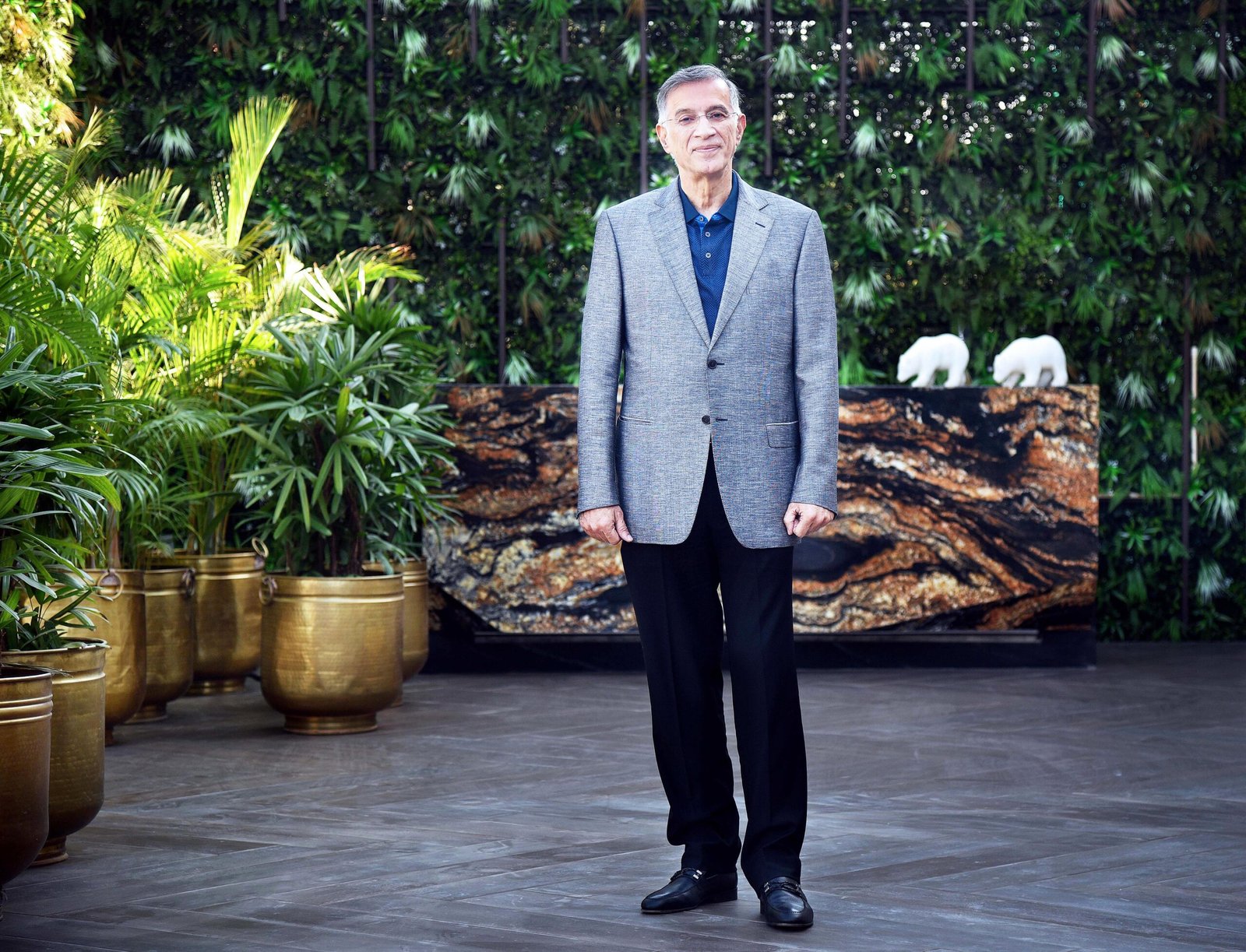
What is your advice to people who are contemplating becoming homeowners, given the state of the economy and value creation?
Investing in real estate has once again emerged as a safe bet amidst economic volatility. The aftermath of unprecedented events has underpinned the sense of ownership of the home. It is the only asset that facilitates high utilitarian value in terms of stability and security. Today, the Indian real estate sector is conducive to an upward growth cycle, and the market is for discerning homebuyers. Real estate investment has proven to be a wealth-generating asset.
Given the success you have seen in business, what is an effective code of conduct for an efficient organisation?
The success of a sustainable organisation lies in embracing the technological revolution, reshaping workplace dynamics, encouraging inclusivity, fostering an agile mindset and inculcating a collaborative spirit. The success of an organisation stands tall with an effective code of conduct, ethical performance, financial discipline, prudent decisions and adherence to compliance mechanisms. The real essence of perpetual organisational growth lies in empowering human capital through mutual respect and professionalism.
What is your message to aspiring leaders?
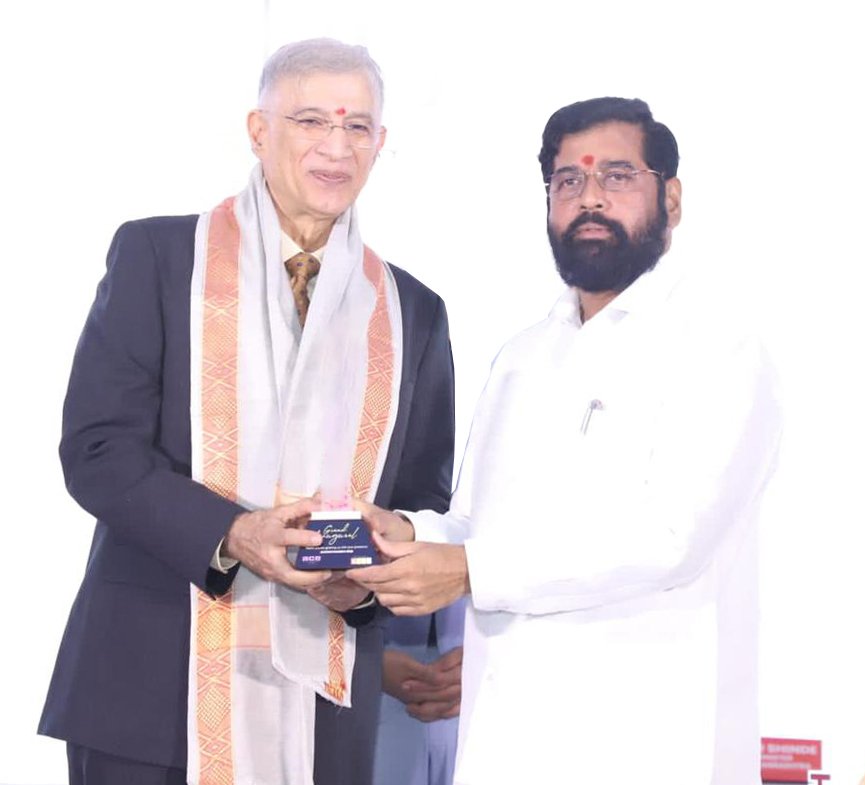
To me, leadership is never about just titles and power, it is truly about inspiring others to ‘Walk the Talk’. In today’s world of dynamism, leadership should lay a strong foundation of collaboration over competitiveness and imbibe a team player spirit. Let’s remember that leadership is a journey, not a destination. Keep following your gut with your innate grit!
How would you define nation-building, and what is your dream for the country?
The Indian economy is poised to become a new global superpower as it displays steady economic resilience, an indomitable spirit of citizenship, and astute leadership. I also believe that investing in raising citizens’ ‘Happiness Quotients’ is just as critical as speeding up economic growth. As India is in her 77th year of Independence, it is time for Indian citizens to cogitate upon the profound concept of ‘Nation-First Approach’. I would like to emphasise that this thought is not only a slogan but also a way of thinking that aims to promote a nation’s economic welfare. It echoes the implicit spirit of investing in a nation’s indispensable asset, human capital. The nation-first approach should be applied to every socio-economic decision that strengthens the nation’s unity and integrity.
Do you have a message for the youth of India that are struggling with health, technology, multidisciplinary learning and more?
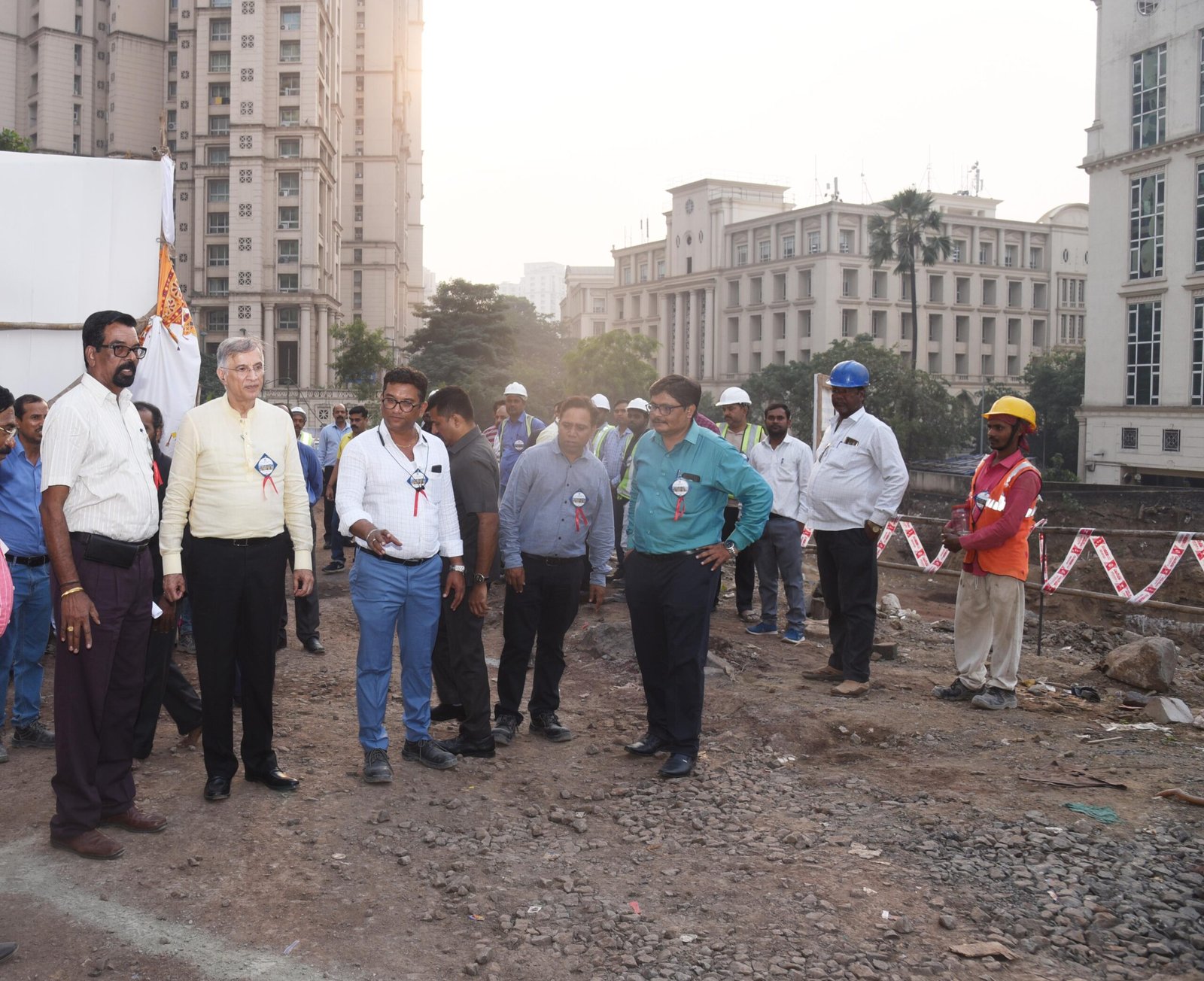
It is imperative for us to be compassionate towards today’s youth, who live in one of the most disruptive eras in history. Moreover, it is an era of choice for today’s youth, as globalisation presents them with a number of opportunities. They are the growth catalysts that will contribute to the reshaping of society and the economy as a whole. As the youth navigate the chaotic world around them, I urge them to work on self-advocacy, discipline, emotional resilience, constant learning, mental well-being, establishing meaningful connections, and developing a gratitude mindset.


